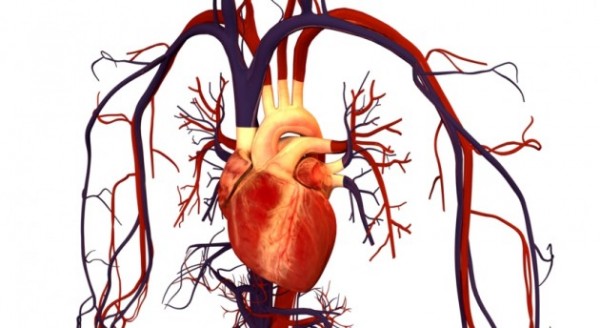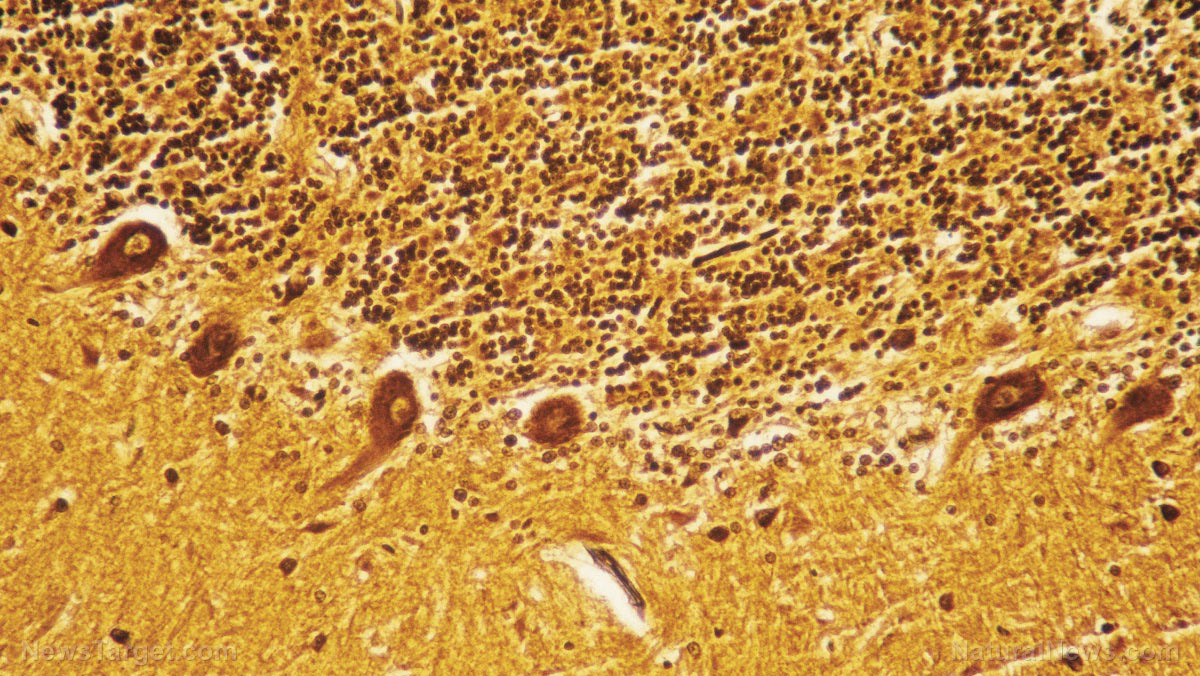Vitamin C is a powerful heart healer, especially after surgery
02/10/2017 / By Amy Goodrich

Atrial fibrillation (AF) is the most common type of arrhythmia which can be triggered by various stressful events. About 30 percent of people who have undergone a cardiac operation suffer from post-operative AF afterward. There are a lot of drugs available to treat the condition; however, they come with a host of adverse side effects such as weight gain, extreme fatigue, breathing trouble and chest pain.
A new study, published in the journal BMC Cardiovascular Disorders, found that oral administration of supplemental vitamin C after heart surgery could slash the risk of AF by up to 73 percent in high-risk patients, without adding side effects. Furthermore, the Finnish scientists reported that intravenous administration of vitamin C significantly reduced the length of hospital stay. (RELATED: Stay informed about the healing power of nutrition at Nutrients.news)
People with AF experience an abnormal heart rhythm characterized by rapid and irregular beating which can increase the chances of suffering a blood clot, stroke, heart failure and other heart-related complications.
During AF, the top chambers of the heart, or the atria, beat in a very rapid, irregular and chaotic pattern. The pumping lower chambers of the heart, called ventricles, are also beating irregularly, out of coordination with the two upper chambers. With the fast and chaotic heart rate, patients often experience heart palpitations, shortness of breath and weakness. AF episodes can come and go, but for some, they don’t go away and may require emergency treatment.
Dr. Glenn Rothfeld, who was not involved in the study, said that there is some circumstantial evidence linking AF flare-ups to oxidative stress and inflammation. This evidence got scientists all over the world wondering whether a potent antioxidant like vitamin C could help prevent AF.
Role of vitamin C in the prevention of atrial fibrillation after surgery
The research team from the University and Hospital of Helsinki, Finland, analyzed 14 randomized cardiac surgery trials involving 2,006 patients who had undergone cardiac surgery. Another trial that investigated AF recurrence after a successful cardioversion was also included in the review.
The study, led by Harri Hemilä from the University of Helsinki, and Timo Suonsyrjä from the Helsinki University Central Hospital, concluded that oral vitamin C supplementation reduced the incidence of postoperative AF by 73 percent, while intravenous administration only decreased the occurrence by 36 percent. On the contrary, intravenous administration significantly reduced the hospital stay by 16 percent, or 1.5 days, compared to only 7 percent, or 0.4 days, when vitamin C was taken orally. (RELATED: Find more information about preventing heart problems at Heart.news.)
However, the team noted that the heart protective effect seems to be country specific. When the research data was split by geographic and socio-economic demographics, the results indicated that vitamin C only had a strong protective effect for the less wealthy countries outside the United States.
“Vitamin C is a safe low-cost essential nutrient. Given the consistent evidence from the less wealthy countries, vitamin C might be administered to cardiac surgery patients,” said Drs. Hemilä and Suonsyrjä.
Looking to the future, the team said that more research should be carried out to find optimal protocols for its administration and determine which patients can benefit from vitamin C treatment. They added that there is no motive for further investigation of unselected patients in wealthy countries. However, the effects of vitamin C for patients who have a low documented level of vitamin C in the richer countries, such as the U.S., might still be worthwhile.
Stay informed about more natural medicine cures at Cures.news.
Sources:
Tagged Under: arrhythmia, atrial fibrillation, heart failure, heart health, heart surgery, stroke, supplements, vitamin C, vitamin c supplements




















